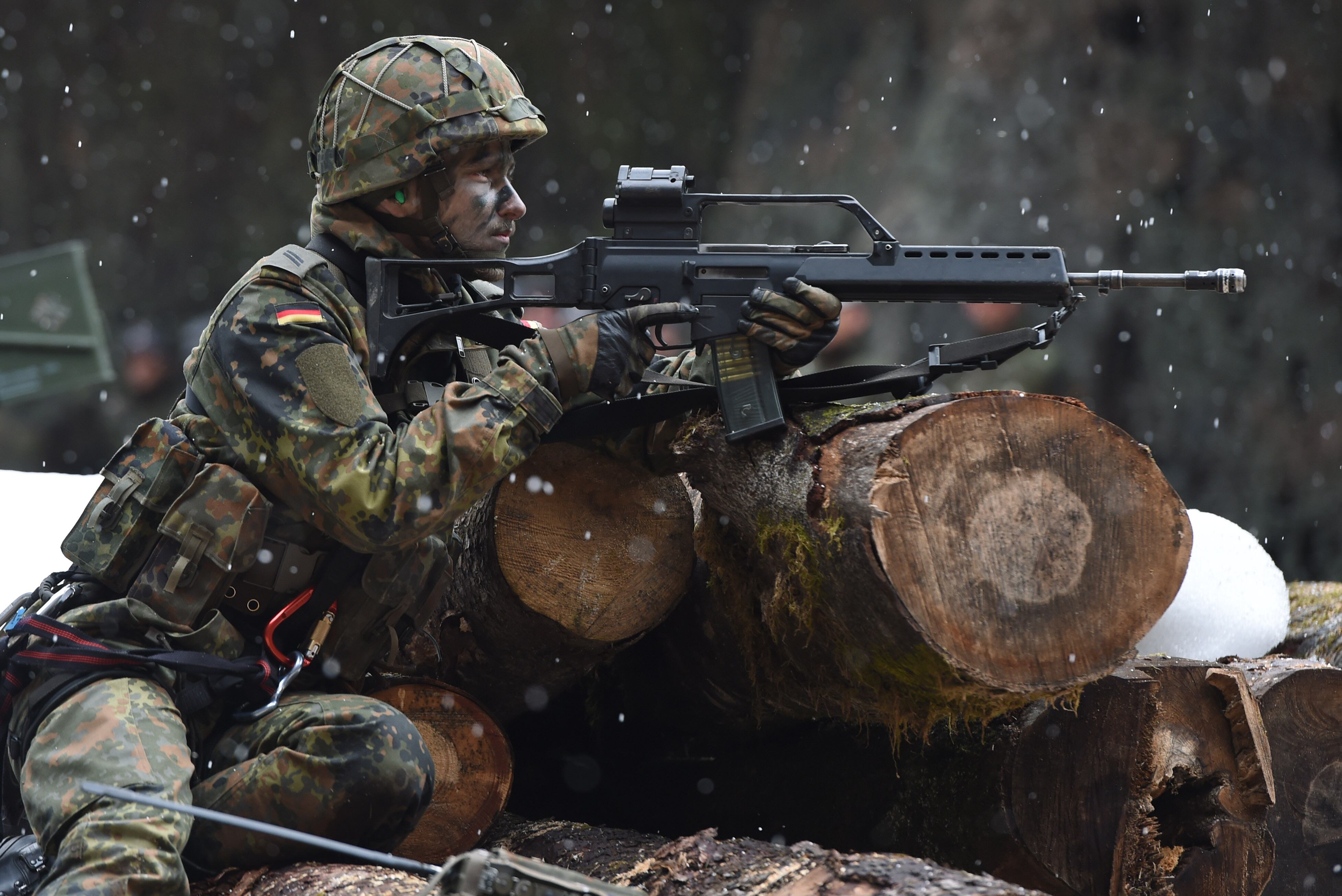BRUSSELS ― The European Defence Agency has failed and should be scrapped, according to a member of the European Parliament.
The Brussels-based EDA was set up in 2004 and has just seen an increase to its budget. However, the European Greens say the organization has failed to fulfill its mandate.
“Until today, the EDA has not been able to increase member states’ cooperation on defense research, development and procurement projects ― most are still exclusively national,” said Reinhard Bütikofer, a spokesman for security policy and shadow rapporteur for the Greens/European Free Alliance group in the European Parliament.
“A more efficient cooperation mechanism must be set up to finally address the structural problems of the defense sector,” the German MEP added. “The agency has failed ― it has not been able to deliver on the capabilities, cooperation or the market. It should [be] phased out.”
The Greens-EFA is the political group in the European Parliament containing Green, regional and left-wing nationalist political parties.
RELATED

The attack comes as the EDA ― until now a relatively obscure defense agency ― is to play an increasingly key role in an effort for greater military cooperation among European Union members. That move has been largely driven by the election of U.S. President Donald Trump, who has called on Europeans to pay more for their own defense, casting doubt on America’s long-term commitment to NATO.
The EDA, which is an EU agency, has a relatively small budget, a staff of just 143 and is currently run by a diplomat. Its chief executive, Jorge Domecq, a Spanish diplomat, reports to Federica Mogherini, the EU’s foreign policy chief.
The EU has raised the EDA’s annual budget to €32.5 million (U.S. $40 million) for 2018, a 5 percent increase on 2017. It is the first increase for the agency since 2010, but still an amount that pales compared to the Pentagon’s budget of more than €540 billion.
In a 2017 interview, Domecq said the budget reflected his agency’s job, which is not to supplant national militaries but rather coordinate the efforts of EU countries to improve security and leverage scarce resources.
Some see the agency as a version of the U.S. Defense Advanced Research Projects Agency, but say there was never sufficient financial investment to make the EDA a serious player.
Even so, Häly Laasme, a policy analyst from Estonia, said that with the push to increase military cooperation, the EDA is expected to gain new relevance and acquire a central role in boosting the efficiency and the capability of European defense systems.
“When the EDA was established, some wondered whether another security bureaucracy was needed. They asked whether it might have been more efficient to use NATO for realizing the EU’s strategic objectives,” Laasme said.
“But NATO and the EDA have managed to develop a joined-up approach in several areas. For example, in protecting against CBRN (chemical, biological, radiological and nuclear) threats ― where the agency concentrates more on biological threats and NATO more on chemical threats.
“If these two organizations accomplish longer-term synergy, they might become a great example of constructively shared public resources.”
An EDA spokesman said the agency was unable to comment, but a source pointed to the EU Global Strategy, which calls for “full use to be made of the EDA’s potential.”
“The EDA is currently at the heart of several key initiatives,” the source noted.
These include CDP (Capability Development Plan), CARD (Coordinated Annual Review on Defence) and PESCO (Permanent Structured Cooperation).
Martin Banks covered the European Union, NATO and affairs in Belgium for Defense News.






